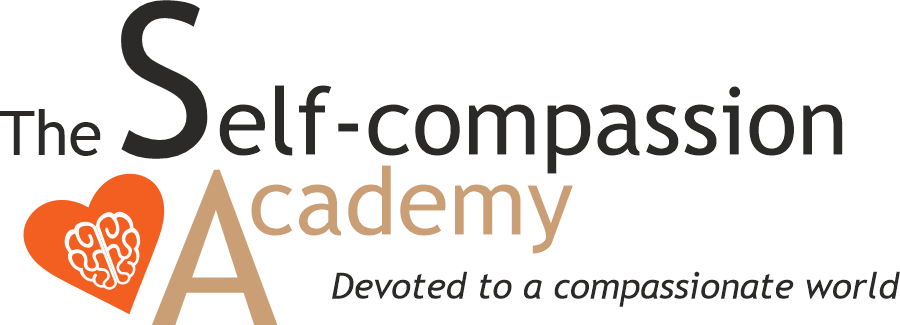Self-compassion can feel like a sign of weakness, especially in a society that values achievement and perfection. Yet, scientific research shows that self-compassion is a powerful tool for mental well-being. Kristin Neff, a leading psychologist and researcher, defines it as a healthy way to cope with difficulty and failure. Her studies show that self-compassion does not lead to self-pity or laziness, but rather to resilience and psychological well-being. According to Kristin Neff, self-compassion has three core components: self-kindness, shared humanity, and mindfulness.
What is the theory of self-compassion by Kristin Neff?
How to define self-compassion by Kristin Neff?
Self-compassion means treating yourself with kindness and understanding when life doesn’t go as planned—when you ruminate, struggle, fail, or feel inadequate. Instead of being harsh on yourself, giving in to your inner critic, or ignoring your emotions, you choose a more compassionate approach.
Kristin Neff describes self-compassion as offering yourself the same kindness you would extend to others. Her framework consists of three core elements, which can also be seen as steps toward greater self-compassion. But what are these three elements, and how can you integrate them into your life?
1. Self-kindness instead of criticising yourself
Many people are their own harshest critics. When faced with setbacks or failures, they often resort to self-judgment and harsh criticism. Neff argues that self-compassion starts with self-kindness: treating oneself with the same care and understanding one would offer a good friend.
Research by Neff has shown that self-kindness is associated with lower levels of stress and depression and even enhances motivation. Self-criticism, on the other hand, activates the stress response, while kindness and understanding engage the parasympathetic nervous system, promoting relaxation and emotional recovery.
How to integrate it into your life?
Try writing a self-compassionate letter to yourself. When you notice self-criticism, take a moment to write down what you would say to a close friend in the same situation. It’s a scientifically proven way to help reframe negative thoughts and cultivate self-kindness.
2. Common humanity instead of feeling isolated
Frustration at not having things exactly as we want is often accompanied by an irrational but pervasive sense of isolation – as if “I” were the only person suffering or making mistakes. All humans suffer, however. The very definition of being “human” means that one is mortal, vulnerable and imperfect.
Therefore, self-compassion involves recognizing that suffering and personal inadequacy is part of the shared human experience – something that we all go through rather than being something that happens to “me” alone.
How to integrate it into your life?
When facing a difficult moment, remind yourself that it is a shared human experience. Research suggests that repeating a self-compassion mantra, such as “I am not alone in this,” can significantly reduce feelings of loneliness and self-judgment.
3. Mindfulness instead of identifying yourself with your emotions
Mindfulness involves being aware of your emotions and thoughts without being overwhelmed or suppressing them. Acknowledging negative experiences with balance and non-judgment is essential for self-compassion.
Research suggests that mindfulness helps regulate emotions and reduce stress, enabling individuals to respond to difficulties with greater self-awareness and equanimity. Rather than over-identifying with distressing emotions, mindfulness allows people to hold their experiences in perspective, preventing emotional overreaction.
How to integrate it into your life?
Practice a short mindfulness exercise daily. One effective method is the “STOP” technique:
- S: Stop what you’re doing
- T: Take a deep breath
- O: Observe your thoughts and feelings without judgment
- P: Proceed with kindness towards yourself
Jon Kabat-Zinn, an American professor and founder of Mindfulness-Based Stress Reduction, indicates that mindfulness exercises like this can enhance self-compassion and emotional resilience.
Tip: Test your level of self-compassion with Kristin Neff’s Self-Compassion Test
Kristin Neff: “Turn compassion inward”
Studies show that individuals with higher levels of self-compassion cope better with stress, experience lower anxiety and depression, and demonstrate greater resilience in challenging situations.
According to Kristin Neff, self-compassion is simply the practice of turning compassion inward: giving yourself the same kindness and support you’d give to a good friend.
As easy as it sounds, being compassionate toward yourself takes practice, and it’s that same practice that gradually rewires your mindset, helping you respond to challenges with greater kindness and resilience. It’s like replacing your vicious cycles with positive ones.
Credits image: Stanislav Kondratiev via Pexels






